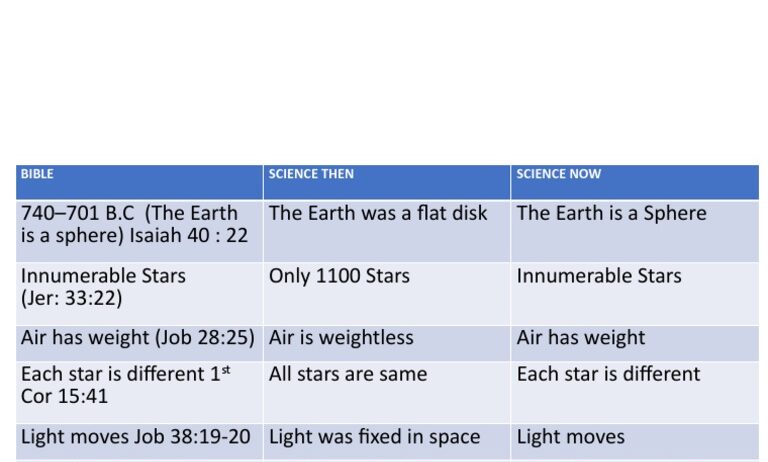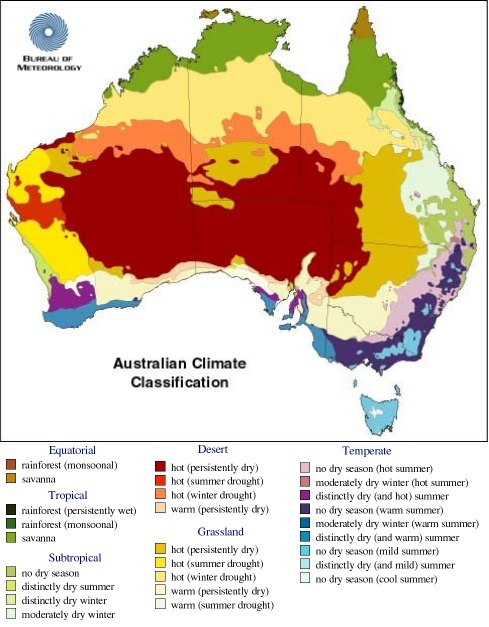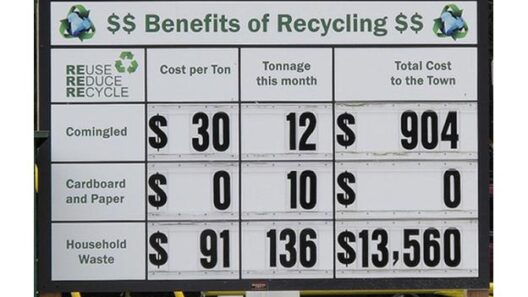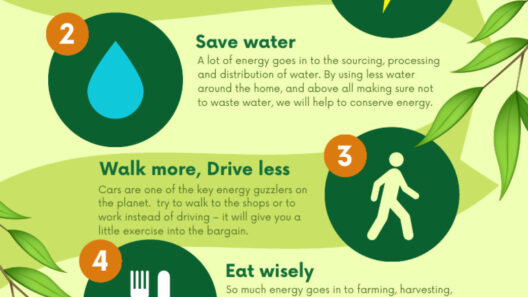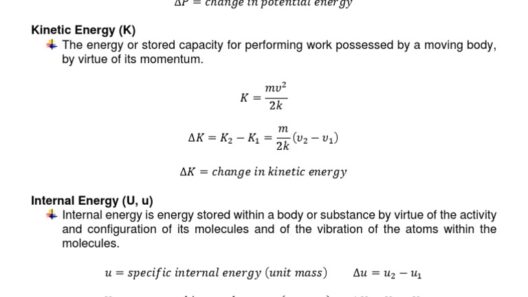In the contemporary discourse surrounding environmental conservation, the intersection of faith and science often invites intriguing examination. The Bible, a sacred text revered by millions, possesses an extensive framework that can be interpreted to advocate for a sustainable and responsible stewardship of the Earth’s resources. This article delves into the biblical teachings pertinent to conservation of energy, considering the symbiotic relationship between spiritual beliefs and scientific principles.
Traditionally, the Bible has emphasized the concept of stewardship. Genesis, the inaugural book, imparts a profound message regarding humanity’s role in the natural world. The text articulates, “The Lord God took the man and put him in the Garden of Eden to work it and take care of it” (Genesis 2:15). Here, the euphonious notion of ‘working’ and ‘taking care of’ suggests that humans are custodians of the environment, charged with maintaining equilibrium. This fundamental responsibility necessitates an awareness of how energy consumption impacts the delicate balance of ecosystems.
Furthermore, the biblical principle of wise stewardship is often articulated in the parable of the talents (Matthew 25:14-30). This tale underscores the importance of maximizing resources—not only financial but also natural. Wasting energy can be construed as a failure to honor and utilize one’s gifts responsibly. The imperatives of conservation can be drawn from this narrative, positing that conserving energy is an ethical obligation for those who espouse faith.
Examining the concept of waste reveals another dimension of biblical insight. Proverbs 12:10 asserts, “The righteous care for the needs of their animals, but the kindest acts of the wicked are cruel.” This scriptural reflection suggests a broader ethical stance toward creation, extending beyond animals to include the environment and its resources. Inefficiency in energy consumption may not only lead to degradation of nature but can also be perceived as a lack of compassion toward all living beings.
Moreover, the Bible teaches the importance of community and collective action in the practice of stewardship. The story of the Israelites in the wilderness showcases how divine reliance and community cooperation were essential for survival. During this time, the people relied on the manna provided by God, and they were instructed to gather only what they needed for the day (Exodus 16). This divine directive could be paralleled to modern energy consumption practices, where excess and waste detrimentally affect communal well-being.
In addition, concepts of rest and renewal are pervasive throughout scriptural narratives. The commandment to observe the Sabbath rests on the foundation of ceasing labor, reflecting an understanding of natural cycles. This theological insight prompts believers to consider their own patterns of consumption and energy use. Just as the Earth experiences cycles of rest and replenishment, humanity too must embrace sustainable practices that allow for regeneration and conservation. The succinct act of resting can become a metaphor for reducing reliance on non-renewable energy sources.
As we delve deeper into the principles of sustainability, it becomes critical to analyze the ways in which energy is consumed and how it can be conserved. The Bible does not provide direct references to contemporary concepts like fossil fuels or renewable energy; however, the ethical imperatives contained within its pages embolden believers to advocate for responsible energy practices. A biblical approach to energy conservation can intertwine faith with scientific understanding, leading to innovative solutions that honor both creation and Creator.
Moreover, the prophetic voices within Scripture often advocate for social justice and caring for the marginalized. The Book of Isaiah remarks, “Share your food with the hungry and give shelter to the homeless” (Isaiah 58:7). This scriptural mandate raises questions regarding the inequitable access to energy resources. With the detrimental effects of climate change disproportionately impacting impoverished communities, faith-based advocacy for energy conservation becomes not merely a matter of personal ethics but a pursuit of justice and equity.
Science offers concrete frameworks and mechanisms to analyze energy consumption and its repercussions. In concert with biblical teachings, scientific principles can yield effective strategies for energy conservation. Renewable energy technologies, such as solar and wind power, align with biblical stewardship by utilizing resources that regenerate naturally. Embracing these technologies reflects a shift towards a holistic understanding of sustainable living that is both faith-oriented and scientifically informed.
Furthermore, fostering a curiosity about the natural world can deepen one’s spiritual connection and inspire a commitment to conservation. Psalm 104 exalts the majesty of creation and invites believers to reflect on the interconnectedness of all life. This reverence for the intricacies of nature can ignite a desire to protect the environment and promote responsible energy use. By bridging faith and scientific inquiry, individuals can cultivate a profound respect for the planet’s resources.
In conclusion, the Biblical perspectives on conservation of energy encompass a vast landscape of ethical, communal, and stewardship principles. Adopting a conscientious approach to energy use can emerge from a synthesis of scriptural teachings and scientific understanding. The imperative to protect our environment resonates through ages past into the present context, beckoning a collective response to safeguard the Earth’s resources for future generations. Faith, when coupled with curiosity and commitment to conservation, holds the promise of engendering a transformative shift toward sustainability.



